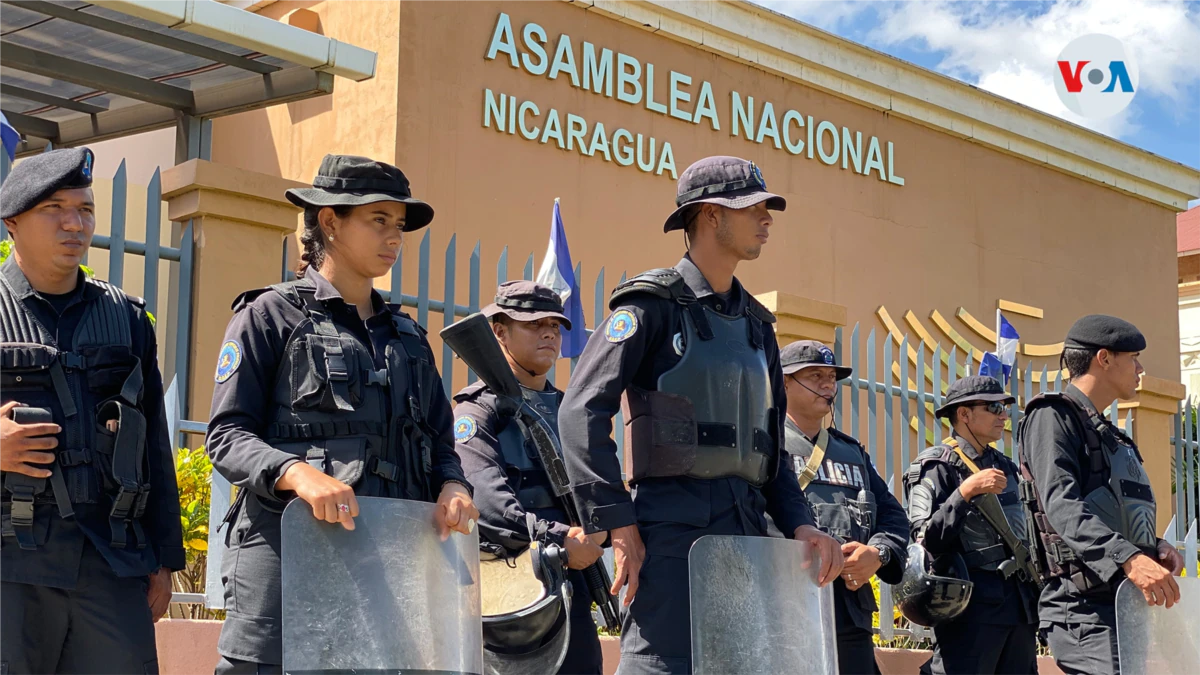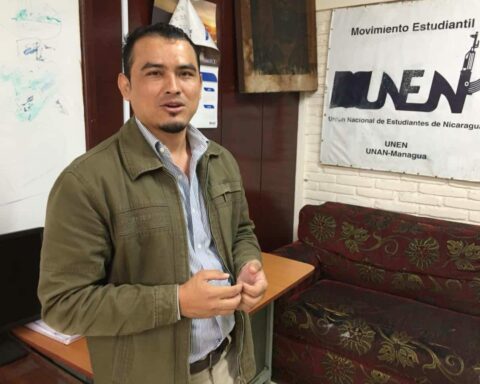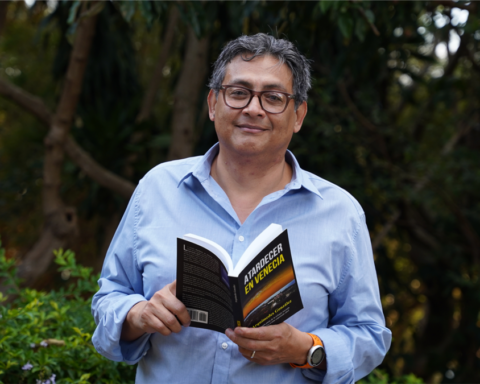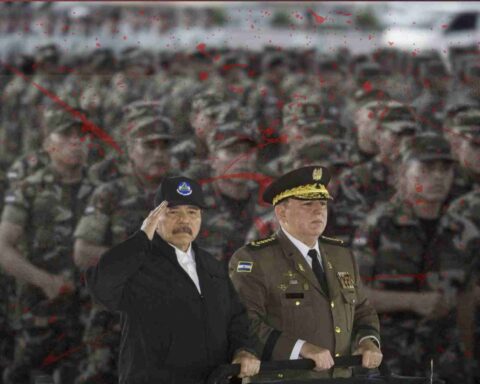The US State Department released this week the human rights report corresponding to the year 2021 on Nicaragua, reflecting a severe setback in practices in this matter, under the administration of Daniel Ortega.
In an executive summary, Washington indicated that Nicaragua has a political system that it described as “centralized and authoritarian” controlled by President Daniel Ortega and his wife, Vice President Rosario Murillo.
It also expresses that Ortega exercises total control over all the powers of the State, to the point of imposing himself for a fourth consecutive term in the November elections after “arbitrarily” imprisoning almost 40 opposition figures.
The United States assures that the November elections were “lacking in credibility” and “defective” due to the arrests of the presidential candidates, as well as other maneuvers to perpetuate themselves in power.
Regarding human rights, the State Department stressed that illegal executions were reported, as well as forced disappearances; torture and cruel and degrading treatment by prison guards or vigilantes.
“Reports of murders were common in the north-central regions and the North Caribbean Autonomous Region (RACN). Human rights groups said these killings illustrated the continuation of a campaign of terror perpetrated by vigilante groups to put an end to the political opposition to the ruling Sandinista National Liberation Front (FSLN) party,” the text indicates.
Regarding impunity, it is emphasized that the government did not take measures to identify, prosecute or punish officials who committed human rights abuses, including those responsible for more than 300 murders in April 2018 in Nicaragua.
In the section on civil liberties, Washington emphasizes that the Ortega government did not respect freedom of the press, as well as freedom of expression.
“Although the law establishes that the right to information cannot be subject to censorship, the government and the actors under its control retaliated against the press and radio and television stations by blocking transmissions, preventing the importation of ink and paper and committing acts of violence against journalists,” says the United States.
And it emphasizes that the government sought to control information about the COVID pandemic by restricting news coverage and blocking independent media access to public health reports.
Regarding freedom of assembly and association, it is recalled that the government has blocked every mobilization in favor of democracy, since police and parapolice persecuted and harassed private meetings of activists.
An important point that is emphasized and that appears as new is the violation of free movement and the right to leave the country.
In fact, the United States gives the example of Lesther Javier Alemán, a Nicaraguan citizen who was denied entry into the country on July 16 after his son was arrested by a justice system close to Ortega.
“The government strictly controlled the entry of people affiliated with some groups, specifically humanitarian and religious organizations,” the United States indicated, mentioning that for this reason the Immigration authorities “confiscated” the passports of at least 15 Nicaraguans who were trying to leave the country.
The United States finally mentions the corruption and lack of transparency of the Ortega government, as well as the blockade of the State for international investigations for alleged human rights abuses.
“Report portrays the situation in Nicaragua fully”
From the Nicaraguan opposition, the report is seen as “a complete portrait” of the panorama that exists in Managua.
Hector Mairena, spokesman for UNAMOS, a bloc made up of Sandinista dissidents, told VOA that the report talks about the situations of torture to which political prisoners are being subjected, but affirms that he is struck by the fact that it mentions the situations that they live in the Caribbean with the indigenous people.
“We hope that there will be new measures or pressure from the Joe Biden administration towards the Ortega-Murillo regime,” Mairena said in this regard, and mentioned that “unfortunately there are more acts of violence that do not appear in the report due to the time lapse but surely We will see it in the next year as it was the death in the jail of the ex-guerrilla Hugo Torres”.
On the other hand, Mairena points out that the report evidences the government’s new way of operating, such as controlling the departures of its critics from the country, as happened with the opposition candidate María Josefina Gurdián, who was not allowed to travel to Costa Rica to treat a cancer it looks like
“This repressive action by the Ortegas to withdraw passports is frankly outrageous. The Ortega regime has prevented them from leaving the country, it is a flagrant violation of civil rights. That element is new in the State department, but we will surely see more, ”he concluded.
Connect with the Voice of America! Subscribe to our channel Youtube and turn on notifications, or follow us on social media: Facebook, Twitter and Instagram








